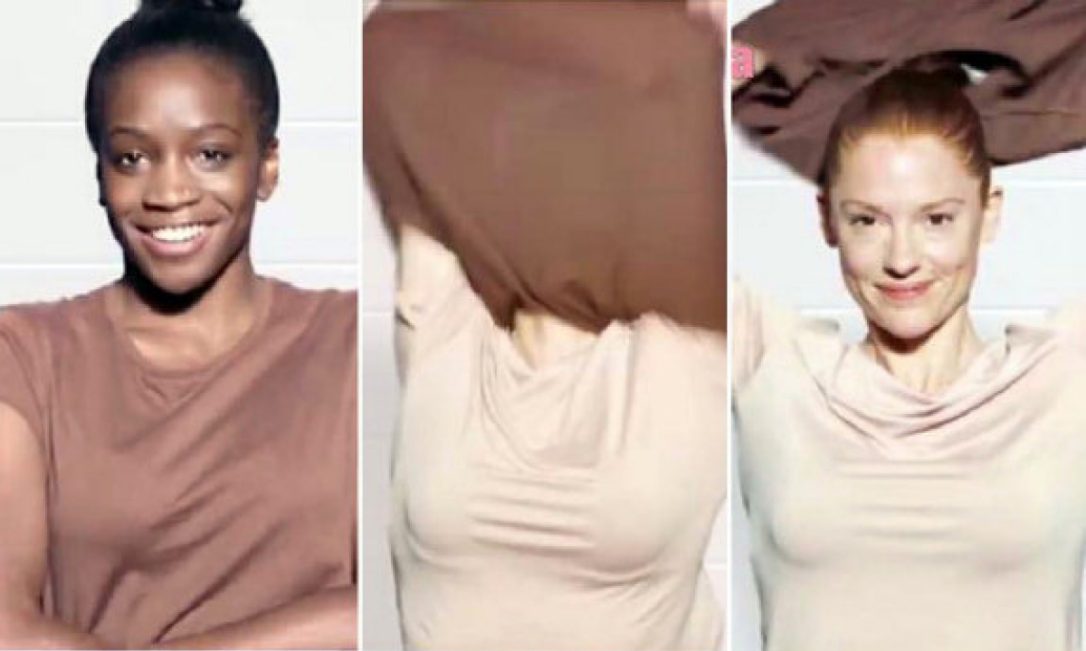Advertisements that incorporate social and political commentary when selling a product have become increasingly popular in recent years. This has also lead to an increase in controversy. Recent advertisements such as the infamous Kendall Jenner Pepsi flop, in which Jenner uses a can of Pepsi to resolve a protest, and the more recent Dove attempt at diversity, where a black actress is shown as turning white when she removes her t-shirt, are key examples of ignorance and lack of sensitivity in corporate environments.
Statement ads, which branch off from the typical product-selling content that consumers are used to, are a smart way for brands to share their views and stand up for social issues. That said, companies and advertising agencies need to be aware of the implications of their advertisements and tread lightly when dealing with sensitive subject manner. This is not to say politically-charged advertisements should not be made; however, they need to be handled with care. Viewers must continue to hold companies accountable for the messages their advertisements send, and companies should continue to use political ads—good and bad—to incite conversation on important social issues.
In today’s materialistic society, using advertisements to display social commentary is a clever marketing tactic. As digital advertisements become shorter and more targeted towards individual consumers, companies use them to build a reputation as being aware of social issues, and to get people talking about their products. However, these companies must take measures to educate themselves about their own intended messages—and ensure that the outcome matches the intent.
Political advertisements are prone to many interpretations, further complicating the issue. Lola Ogunyemi, the actress in the Dove ad, did not initially think that the ad she acted in was racially insensitive, illustrating the ambiguity in determining an ad’s sensitivity. She affirms that “[she] is not just some silent victim of a mistaken beauty campaign,” suggesting that the ad is not overtly racist. However, she also notes that “advertisers need to look beyond the surface and consider the impact their images may have, specifically when it comes to marginalized groups of women.” Ads may not mean to be offensive, but advertisers must realize that their ads will be viewed in different ways by different people.
Likely, Dove is not going to face any massive decline in sales after this controversy, just as PepsiCo did not after its disastrous ad campaign. This isn’t the first time that Unilever, Dove’s parent company, has failed to recognize racist implications in one of its campaigns. As Lindsay Rittenhouse writes in AdWeek, this pattern suggests a lack of minority representation within advertising agencies and the companies that hire them. Hiring a more diverse range of individuals is one solution to preventing more ads like this from being released in the future. Although Dove insists that it “is committed to representing the beauty of diversity,” no one at its marketing agency detected the obvious undertones of racial bias.
Successful alternatives include advertisements such as Airbnb’s 30-second ad during the 2017 Super Bowl, which portrayed the diversity of its staff through the hashtag #weaccept, sending a powerful, concise message. Coca-Cola’s “America the Beautiful” Super Bowl ad showed the iconic song being sung in English, as well as languages like Hindi, Arabic, and Tagalog. While the ad received a backlash of a white nationalist nature, it masterfully communicated an important message about diversity in the current political context of the United States.
In today’s social and political climate such advertisements—when done well—are powerful; advertisements should reflect the society they are catering to, and advertising agencies must evolve their approach accordingly.








